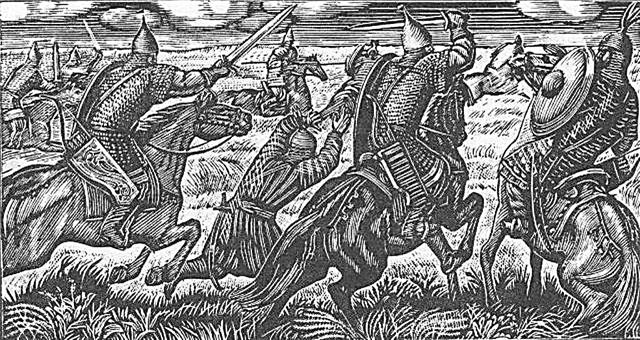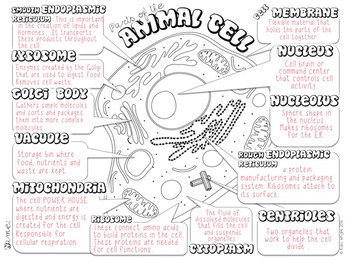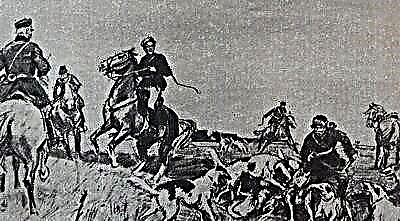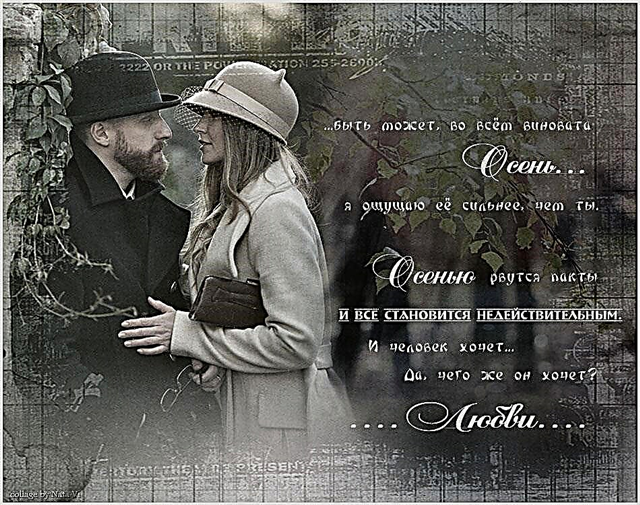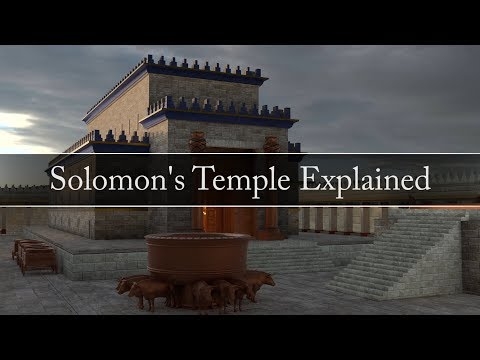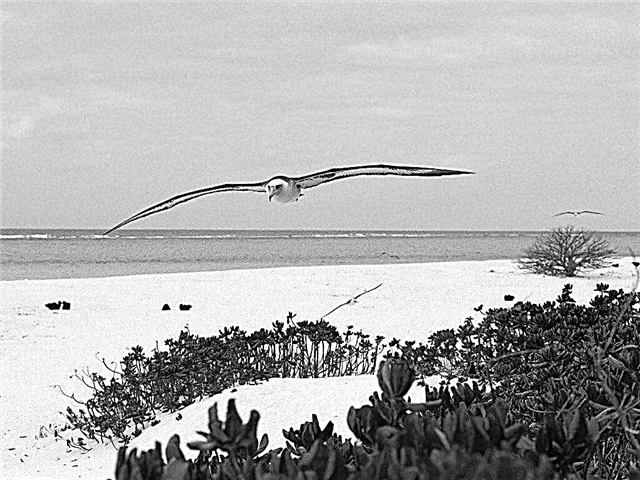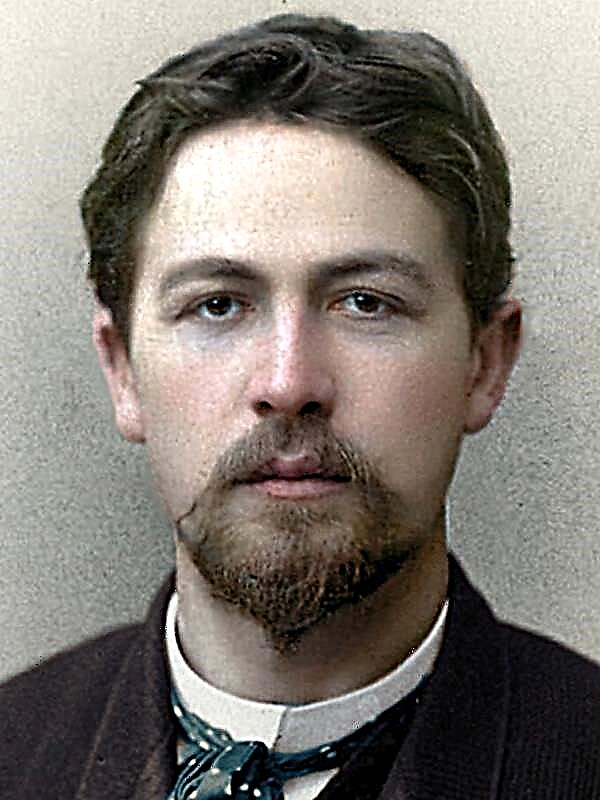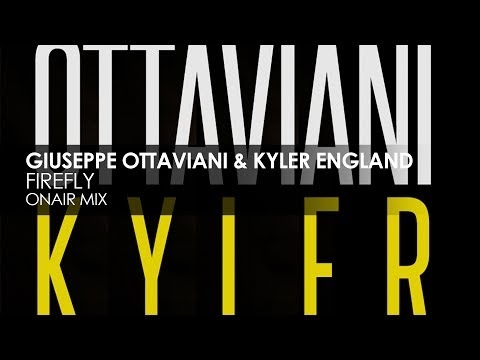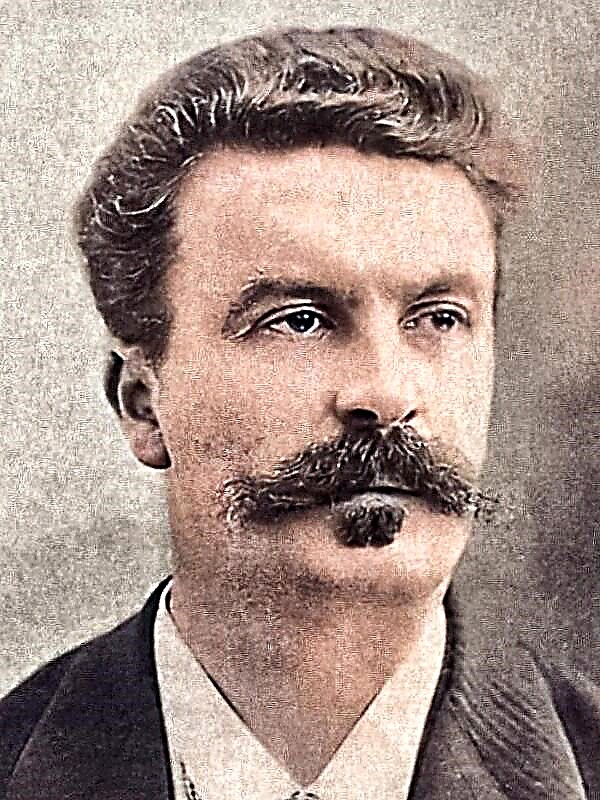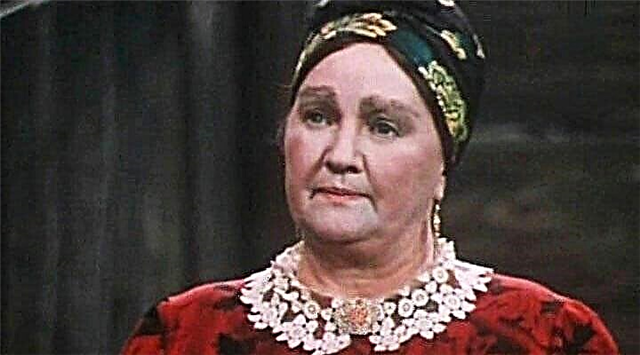(360 words) In his famous novel “Crime and Punishment” F.M. Dostoevsky reflected the deep social crisis of his time. On the example of an ordinary young man, Rodion Raskolnikov, the writer reflected the new views that prevailed among young people. An important role in the narrative is played by the epilogue in which the author finally debunkes the ideals of his hero, showing people another, correct, in his opinion, path.
In the epilogue, Rodion appears before us after he voluntarily confessed to his crime. The hero went to this to ease his conscience. Having committed the murder for a good purpose, he realized that he was not able to bear this burden alone. The punishment was to remove his guilt and help him to be reborn for a new life, but we see that this did not happen. Even in the Siberian exile, Raskolnikov does not abandon his theory about the superiority of some people over others. Disappointed with himself, he continues to desperately cling to his errors, continuing to divide people into “creatures trembling” and “right having”, the only difference is that now he refers to the first group. As a result, frozen in contempt for those around him and himself, he arouses hatred from other convicts, but, most importantly, he pushes Sofya Marmeladova away from herself, who went to Siberia to follow him, hoping to save him and return to God. Dostoevsky shows us how destructive human pride can be, how, fearing to admit his mistakes, a person destroys himself. However, the author could not allow his hero to err throughout his life. Raskolnikov falls ill and has a fever in his dream, which fully demonstrates to him the full flaw of his theory. Mankind was struck by microscopic trichines, everyone they touched believed with their own genius and exclusivity. The world plunged into chaos when people full of hatred of others, not even trying to find a common language, began to kill each other. According to Dostoevsky, a man who blindly considers himself superior to others sows only destruction and death around himself. We must strive for equality, not personal exaltation, otherwise civilization will disappear. Having recovered from his illness, Raskolnikov finally renounces his past views. He takes a fresh look at the world and is reborn. Opening up to Sonya and all of humanity, the hero takes the first step on his path of redemption.
It is in the epilogue that Dostoevsky finally destroys the Nietzschean, individualist theories of his time, leading them to replace kindness, faith in people and God.

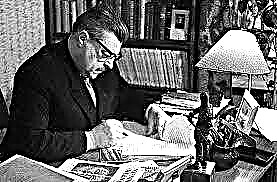
 Glass of water
Glass of water